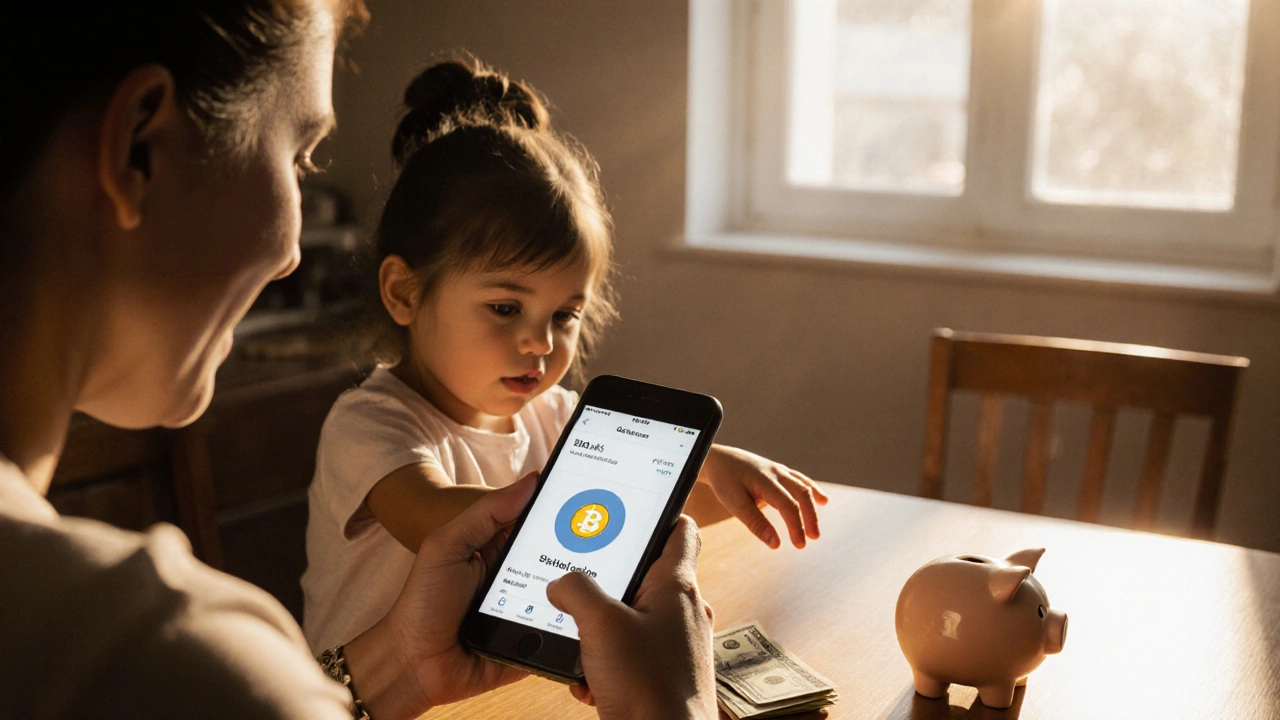Crypto Risks: Real Threats and Simple Ways to Protect Your Money
If you’ve bought Bitcoin or any other token, you’ve probably heard that the crypto world is risky. But what does that actually mean for your wallet? Below we break down the most common dangers and give you clear actions to keep your assets safe.
Common Pitfalls in Crypto Investing
First, government agencies can trace Bitcoin transactions through the blockchain. While the ledger is public, your identity is hidden only if you use proper privacy tools. Without them, regulators can link wallet addresses to your IP, bank accounts, or exchange profiles. That’s why many crypto users turn to mix‑services or privacy‑focused coins.
Second, the UK’s 30‑day rule (often called the “wash‑sale” rule for crypto) forces you to wait at least a month before you can claim a tax loss on the same asset. Ignoring this rule can trigger extra tax bills and penalties. Use a spreadsheet or tax software to track every sell date and avoid accidental breaches.
Third, market volatility is a given. Tokens that seem poised to hit $1, like Shiba Inu or PEPE, can crash overnight. Never invest money you can’t afford to lose, and always set stop‑loss orders if your exchange supports them.
How to Protect Yourself
Start with cold storage. Move the bulk of your holdings into a hardware wallet that isn’t connected to the internet. This stops hackers from stealing your keys via phishing or exchange hacks.
Next, diversify. Don’t keep all your wealth in one coin or one platform. Spread it across a few reputable assets and consider traditional savings or low‑cost index funds for the portion you can’t risk.
Enable two‑factor authentication on every crypto service you use. It adds a second layer that thieves must crack, and it’s free. Also, use a unique, strong password for each account.
Finally, stay informed about regulation changes. The UK’s HMRC updates its guidance regularly, and new rules can affect how you report gains. Subscribe to reputable blogs or newsletters, and set calendar reminders to file tax returns on time.
By understanding how governments can track purchases, respecting tax timelines, and securing your wallets, you turn “crypto risk” into a manageable part of your financial plan. The crypto world isn’t a free‑for‑all; it just needs a bit more caution than a regular bank account.

Can Cryptocurrency Help Low‑Income People? Benefits, Risks & Practical Tips
Explore whether cryptocurrency can improve the finances of low‑income households, weighing benefits like cheap remittance against risks such as volatility and scams.

Is Cryptocurrency Even Worth It? Honest Talk for Investors
Trying to figure out if cryptocurrency is worth your time and money? This article breaks down what’s actually going on with crypto, showing the upsides, the red flags, and real-life stories instead of just hype. Get some practical advice, see why people make or lose money, and learn tips to actually do your homework before buying in. Skip the jargon and find out if getting into crypto makes sense for you right now. Nothing sugarcoated, just the stuff you need to know.





